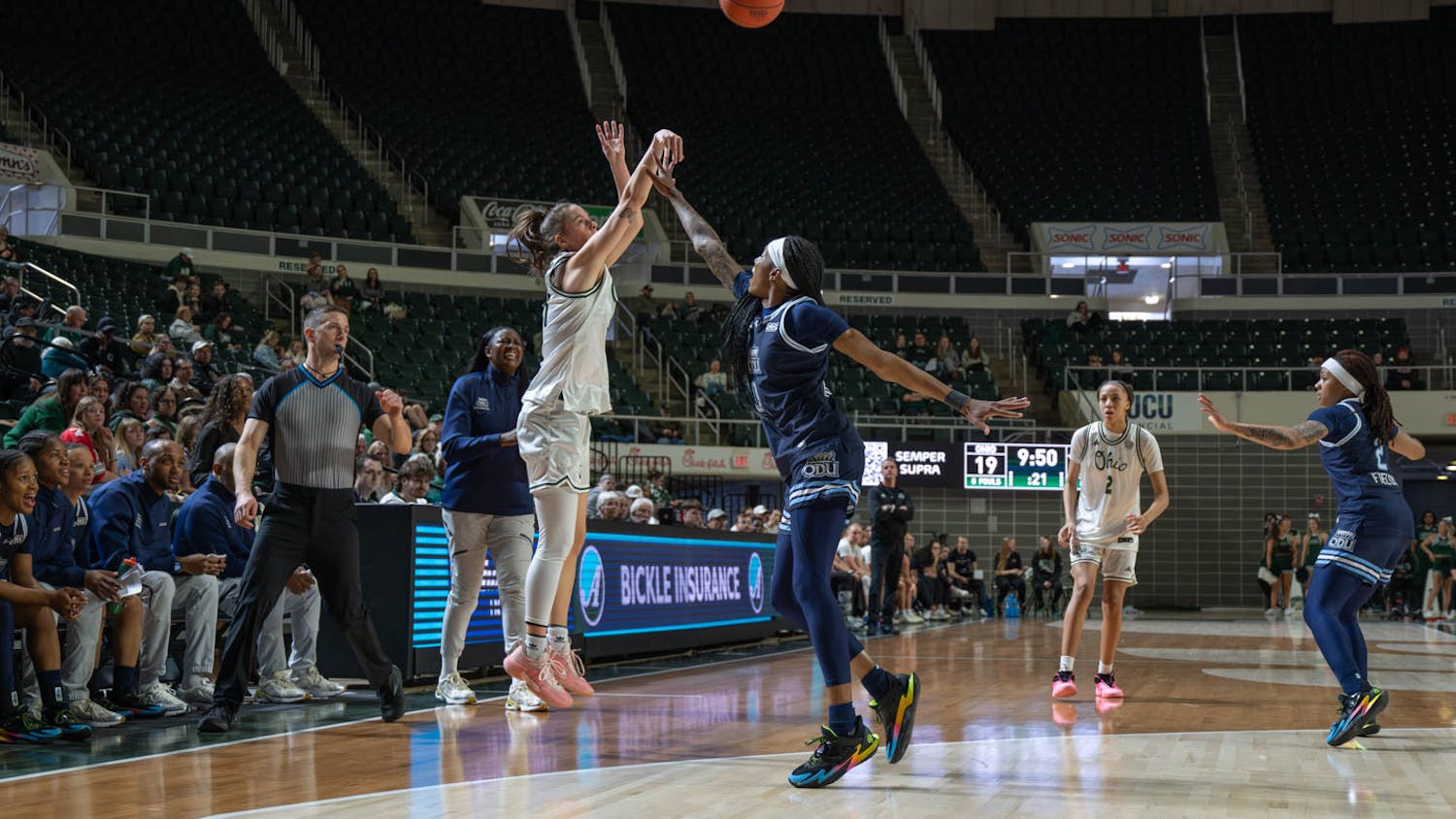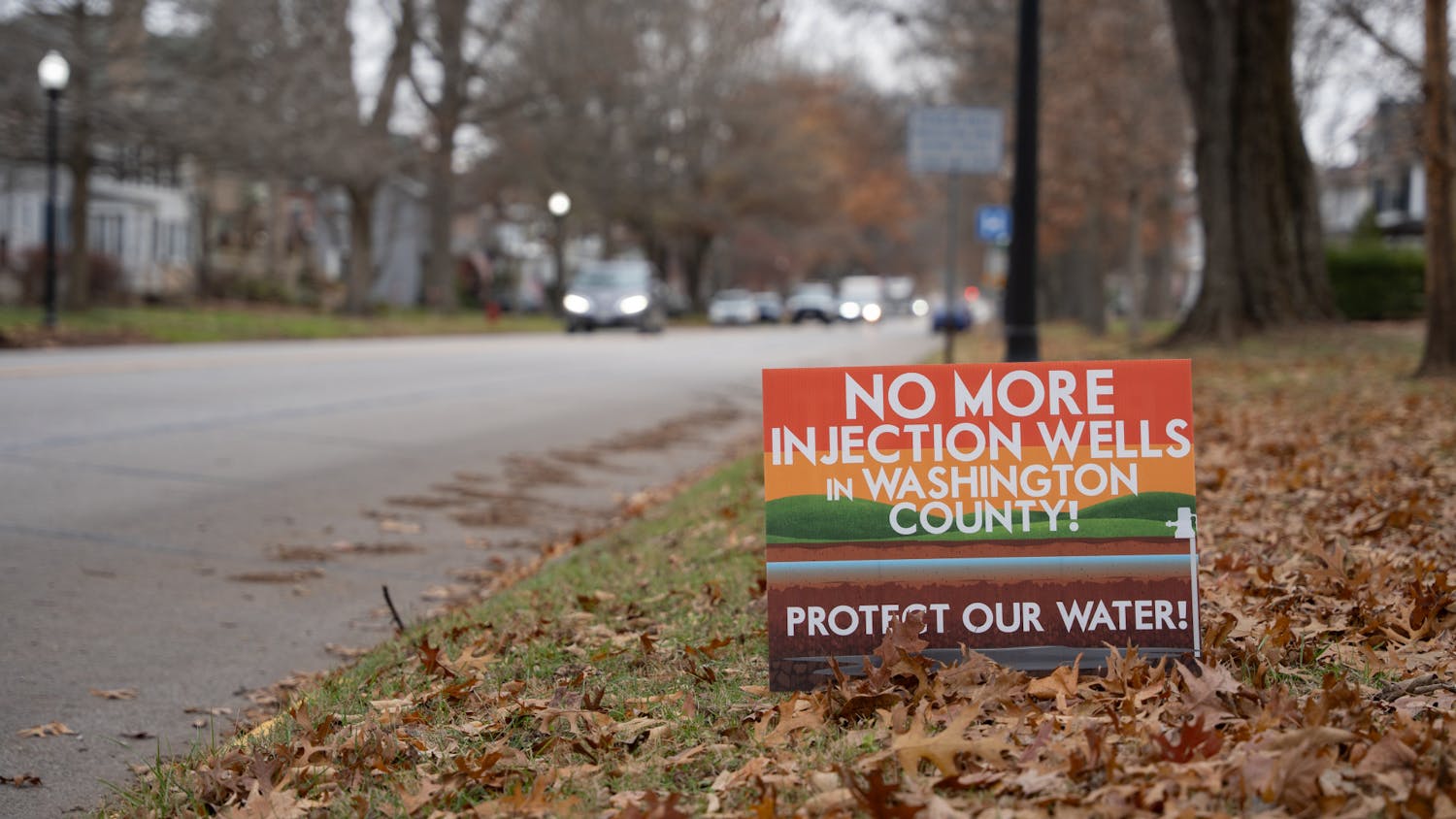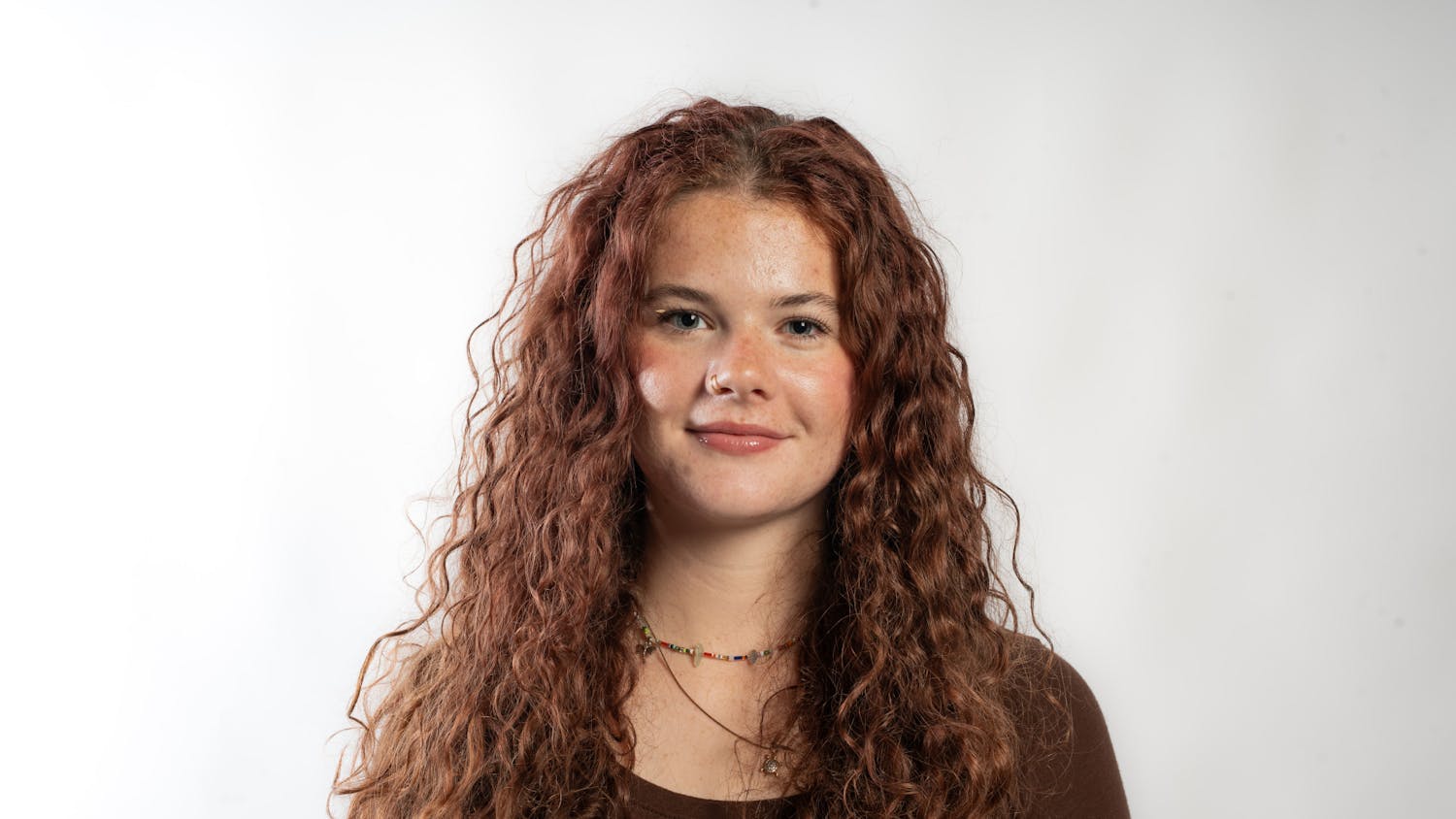The recent barrage of winter storms across the eastern U.S. made its way to Athens last week in the form of high winds, heavy snow and unprecedentedly low temperatures. Still, Ohio University in Athens remained open and classes resumed as normal, although many professors held classes online.
The decision to keep the school open amid a large-scale deep freeze spanning across the country was a bold move and did not go unnoticed by faculty and students.
Obviously, students are on campus to receive an in-person education rooted in experience and discussion, best conducted through consistent, in-person classes. However, the safety risks associated with driving in rural areas in inclement weather combined with the likelihood of further severe weather — likely brought on by climate change — means the university should reconsider its protocol.
For most students, a cold, snowy walk to class is not the end of the world at a walkable campus like OU. The problem is OU is also a campus in a rural area where many professors and students commute to work, and it takes longer for salt trucks and snow plows to reach the neighborhoods surrounding Athens.
Thus, the university asking everyone to come to class as usual is also asking students and professors to go out on unsafe roads in below-freezing temperatures. If students do not risk their safety in this way, they may be penalized in class. Professors are left with the decision of switching classes to an online format or canceling it altogether when the school is telling them one thing and common sense is telling them another.
One of the biggest draws to OU is how beautiful the campus is, and its beauty cannot be separated from the hills that envelop it. This means the university needs to take care in understanding that commuting at OU is much different than commuting at Ohio State or Cincinnati when weather hits.
Acknowledging this difference could look like asking for input from faculty, staff and commuter students to better understand where exactly students and staff are coming from and how likely it is they will have a safe route to work or class.
Simultaneously, many scientists think this extreme weather is just the beginning. The theory of Arctic Amplification suggests intense cold snaps such as last week’s are just as much a consequence of human-caused climate change as melting glaciers and rising sea levels. This theory suggests climate change does not simply mean the warming of the planet but more volatile weather patterns all around.
Being in the Great Lakes region puts Ohio specifically at an even greater risk of being permeated by the polar vortex that so often hits the Northeastern U.S. Although weather events such as what was experienced across campus last week will not necessarily become more common, when they do occur, they will come with heightened ferocity.
Severe winter weather brought on by climate change is not going anywhere and neither is OU. In order to maintain dedication to the safety of faculty and students, OU needs to revisit its protocol in instances of severe weather of all kinds, not just severe winter storms.
Editorials represent the majority opinion of The Post's executive editors: Editor-in-Chief Katie Millard, Managing Editor Emma Erion and Equity Director Alesha Davis. Post editorials are independent of the publication's news coverage.






